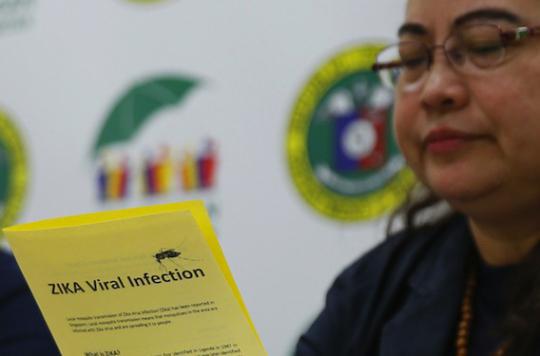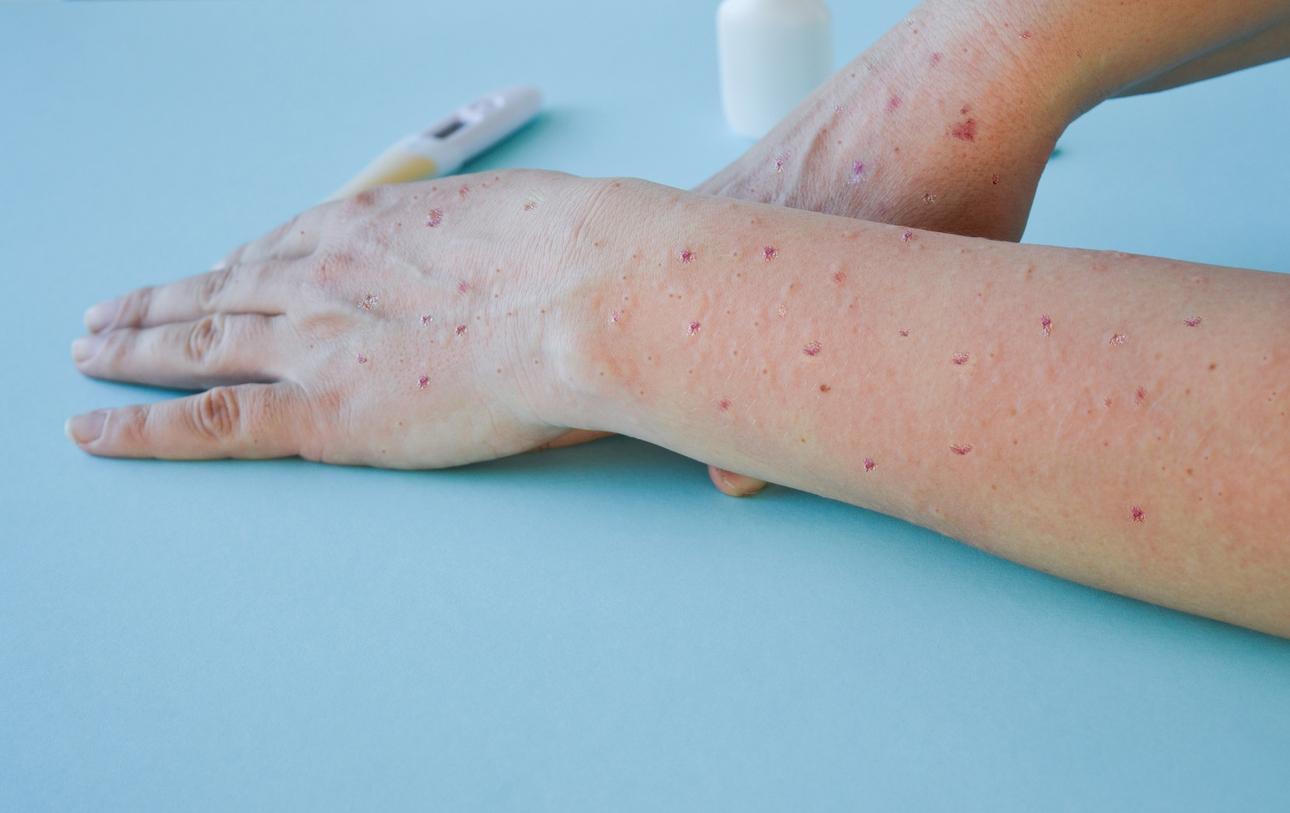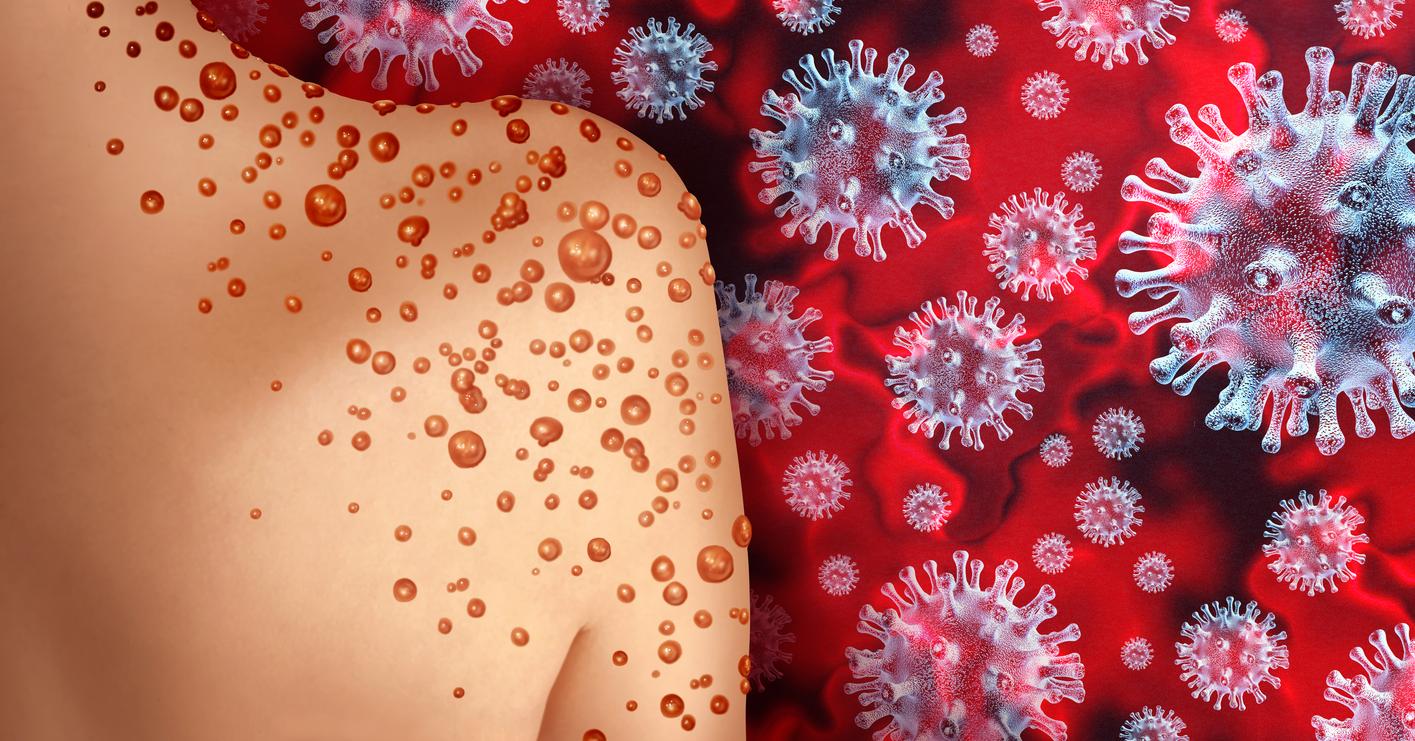Returnees from countries affected by the Zika outbreak should practice safe sex, or be abstinent, for 6 months, even if they don’t have symptoms.

To avoid any sexual transmission of the Zika virus, the World Health Organization (WHO) advocates abstinence. The health agency published new recommendations on Tuesday based on new scientific evidence.
WHO now advises men and women returning from regions affected by the Zika epidemic to use condoms or abstain for 6 months, even for people who do not show symptoms of Zika. infection (rash with or without fever, joint pain, conjunctivitis). This period is 3 times longer than that recommended last June.
On the side of the populations living in the regions affected by the epidemic outbreak, the agency asks countries to offer sexually active men and women all methods of contraception in order to prevent unwanted pregnancies and potential damage to the fetus. In addition, the WHO recalls that the sexual partners of pregnant women living in or returning from areas where the virus circulates should abstain throughout pregnancy.
It can persist for 6 months in semen
The WHO has chosen to reinforce these recommendations because no one yet knows at this stage how long the Zika virus persists in bodily fluids. Until now, the maximum duration was 62 days in semen, but studies published over the summer report that this delay can be twice as long. Indeed, the virus was found in the semen of an Italian 181 days after infection. However, persistent viral particles seem to lose their infectious capacity after 3 weeks.
Still, the WHO does not want to play with fire and prefers to remain cautious. These new recommendations should be re-evaluated next November, unless new shocking scientific elements are published by then, explains the agency.
.

















